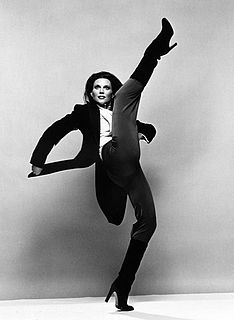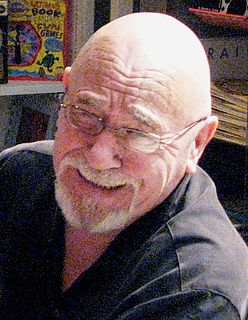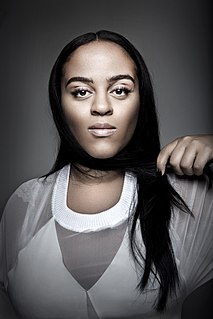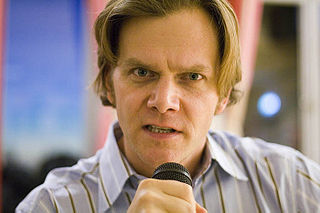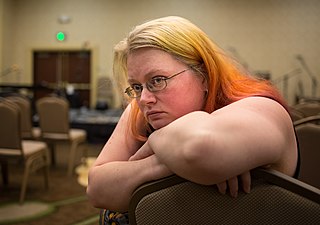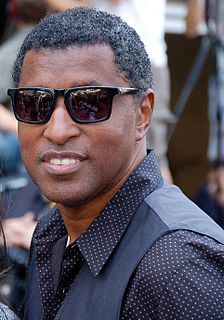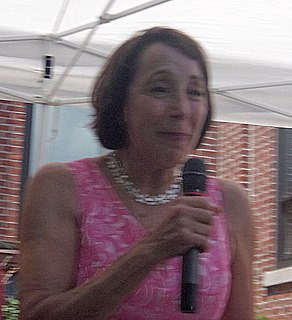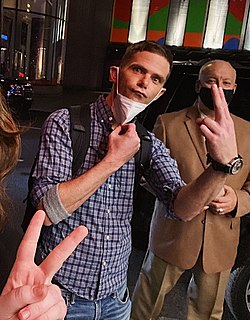A Quote by Ann Reinking
In sixth grade my teacher said that we had to do a talent show. You could sing or recite a poem... I went a wrote a little sketch for myself called 'Our Big World' about how many ways you could use a scarf.
Related Quotes
I wrote about a bird that cleaned a crocodile's teeth. The story was so good that my teacher could not believe that a ten-year-old could write that well. I was even punished because my teacher thought I'd lied about writing it! I had always loved to write, but it was then that I realized that I had a talent for it.
I remember Alicia Keys and Usher had released a song called 'My Boo,' and my music teacher got me to sing a duet with a friend of mine, and I remember being so nervous because I loved to sing, but I could never fathom singing by myself. And when I did that, I remember how proud I was of myself. I was 12.
My parents made it clear that I should never display even the slightest disrespect to individuals who had the power to let me skip a half grade or move into more challenging classes. While it was all right for me to know more about a topic than my sixth-grade teacher had ever learned, questioning her facts could only lead to trouble.
Remember how pissed you got when we had to do all that reading about the Rising back in sixth grade? I thought you were going to get us both expelled. You said the only way things could've gotten as bad as they did was if people were willing to take the first easy answer they could find and cling to it, rather than doing anything as complicated as actually thinking.
In a way, you normalize your own childhood to yourself, so I never thought about how much I wrote as a kid. So I was there, confronted with it - so many notebooks, so many tiny plays. Every week we put on a play. We had a big futon, so my sister and I would use the futon as our stage, and I wrote little skits and made her faint because I found it so funny.
Sorry, I said to myself, wondering how many times in my marriage I'd said that, how many times I'd meant it, how many times Claire had actually believed it, and, most important, how many times the utterance had any impact whatsoever on our dispute. What a lovely chart one could draw of this word Sorry.
When I was in fourth grade... this wonderful teacher said you didn't have to write a book report, you could just talk about the book, you could do a drawing of the book, you could write a play inspired by the book, and that's what I did. I got to be so famous. I had to go around to every school and perform it. It was just so natural and fun.
It's difficult to put your own bare ass out on the limb every time you sit down to write a poem. But that's really sort of the ideal. Because if we don't discover something about ourselves and our world in the making of a poem, chances are it's not going to be a very good poem. So what I'm saying is that a lot of our best poets could be better poets if they wrote less and risked more in what they do.
The story I always recite - and have had to recite so many times over the years to different lawyers and different people within Universal - is that the business end of Mo'Wax was basically, like, 'Give us the big ones samples first, and we'll see how we get on.' And I gave them the six or seven that were, to me, the ones that were the scariest, and the biggest use. It wasn't about the big names, necessarily - although that played into it a bit, with people like Bjork and Metallica.
